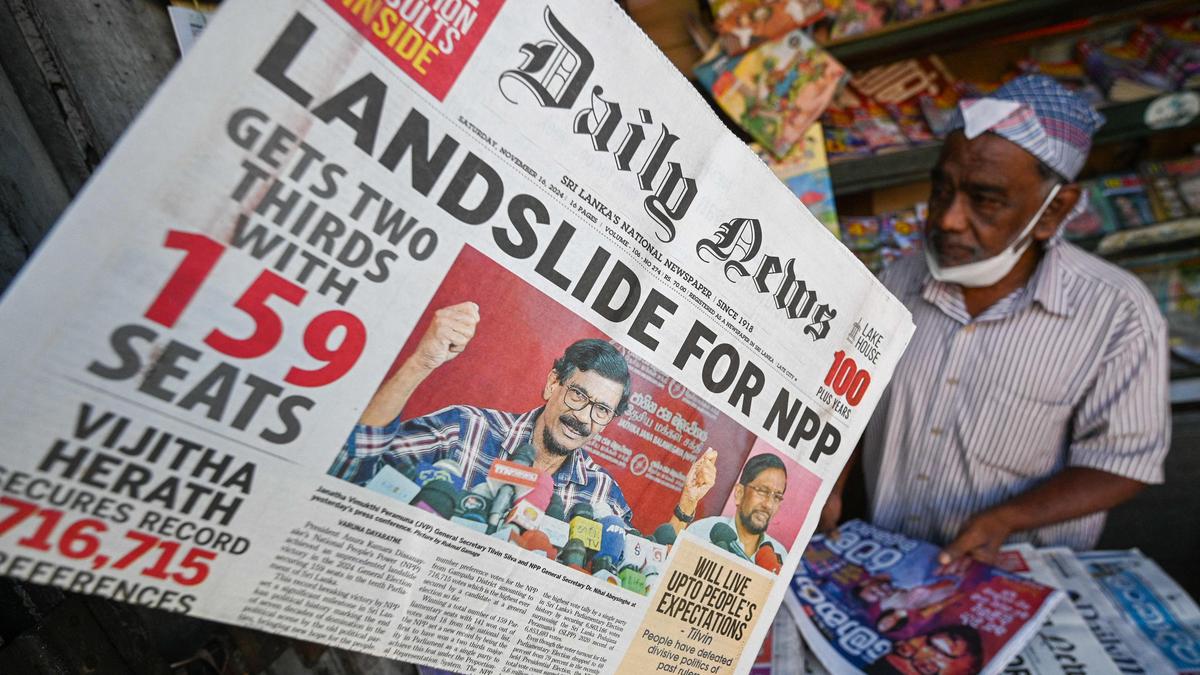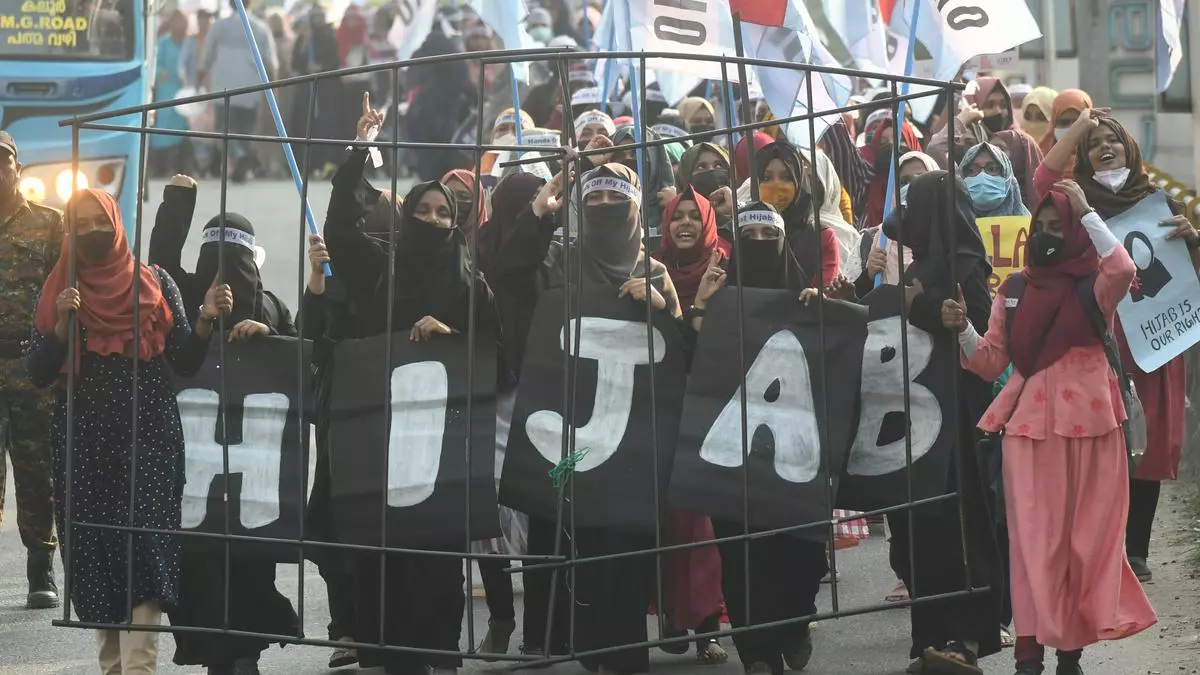
Book Review: ‘Politics of Hate’ edited by Farahnaz Ispahani attempts to understand the tyranny of the majority
The HinduPublished : Jul 17, 2023 16:43 IST - 9 MINS READ Identity politics in a liberal democracy seeks to homogenise national identities defined by history, community, language, or ethnicity, and ratchet up emotions and intolerance for alternative or minority religions, languages, and cultures. In The Clash of Civilisations, Samuel P. Huntington spelt out this conflict: “Even more than ethnicity, religion discriminates sharply and exclusively among people… As people define their identity in ethnic and religious terms, they are likely to see an ‘us’ versus ‘them’ relations existing between themselves and people of different ethnicity and religion.” Religious militancy, an upshot of fundamentalism—a term that first gained currency in the fundamentalist movement in the US in the 1920s—and a kind of militant reaction to the permissive tendencies of secularisation processes aligned with “modernity”, is increasingly manifesting itself in the form of “civilisational tensions” leading to barbarism—a term best explained by the idea of “preservation of oneself by the destruction of others”. A. Faizur Rahman asserts that it is historical “Muslimophobia”—the heightened fear of the Muslim’s demographic-political threat—that is majorly responsible for the geography of hate politics in India. “The BJP’s politics of polarisation has deepened existing social fissures, and civil society resembles a battleground for religious and ethnic supremacy, as evident in the recent Manipur crisis.” To what extent is the media responsible for the current state of affairs? The two chapters on Bangladesh—“Understanding the Radicalisation of Bangladeshi Society and Politics” by Ali Riaz and “Religious Intolerance in Bangladesh” by C. Christine Fair and Parina Patel—highlight the country’s trajectory which was initially different from Pakistan in terms of the rise of communal and sectarian intolerance, but has seen the radicalisation of Muslims and Islamist groups nevertheless.
History of this topic

Opinion: The curious case of pro-ISIS movements between India and Sri Lanka
India Today
Persecuted Hindu Tamils from Sri Lanka could obtain Indian citizenship under CAA: Madras HC
Op India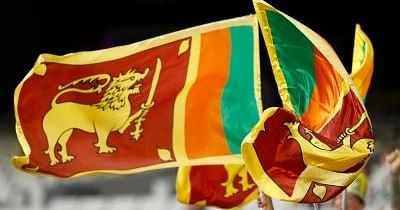
Sri Lanka Turmoil: A History of Discrimination That Culminated in the Current Crisis
The Quint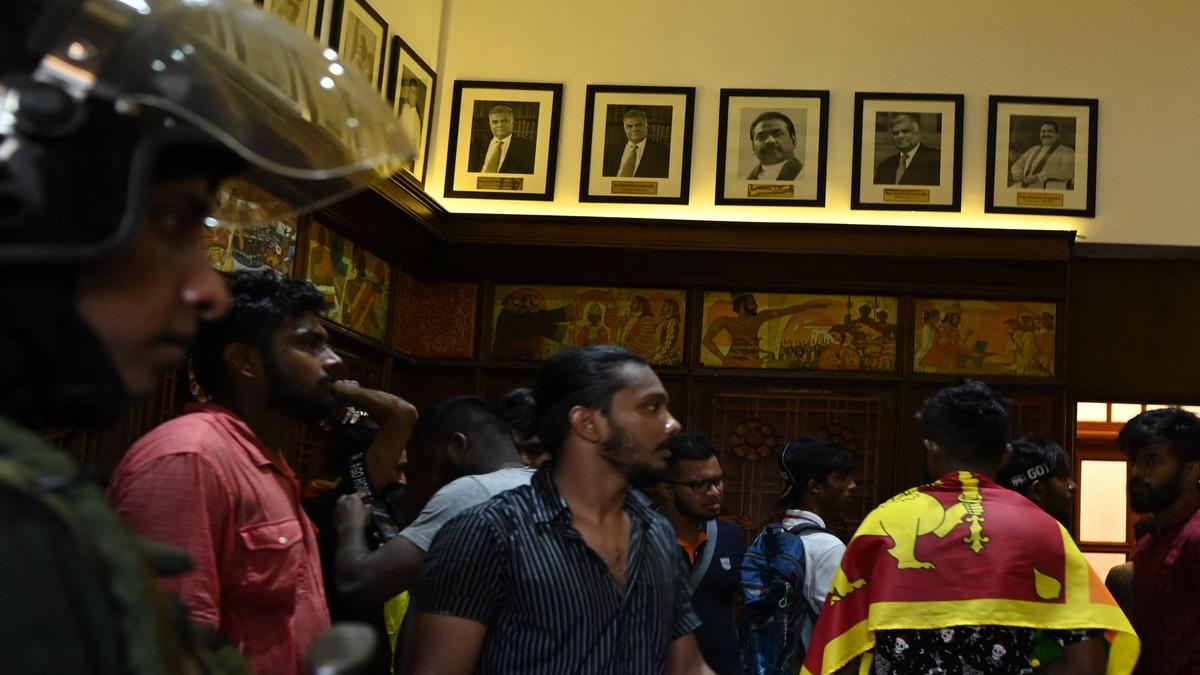
In Sri Lanka, no quiet after the storm
The Hindu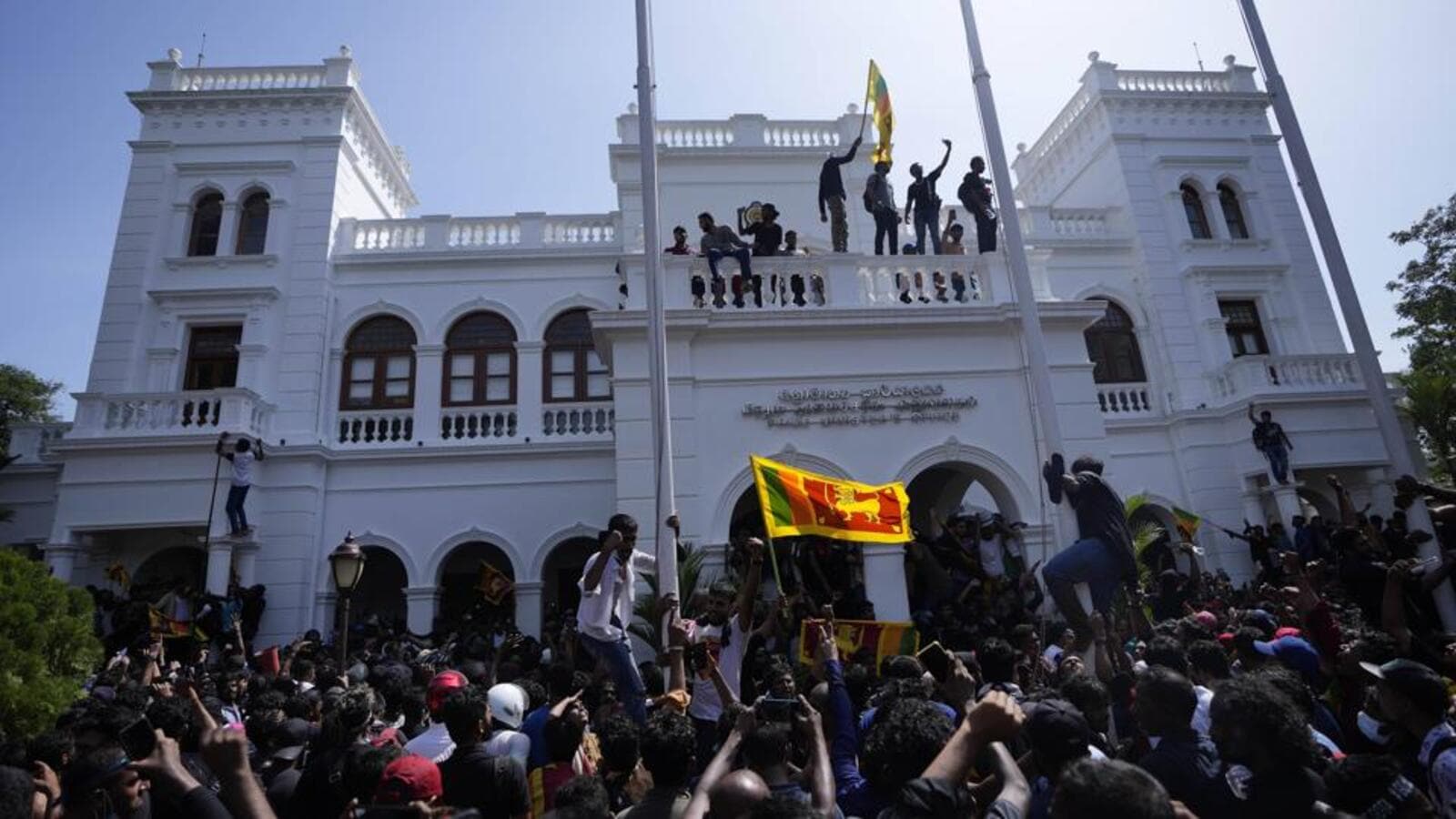
A crescendo that felled Lanka’s most powerful
Hindustan Times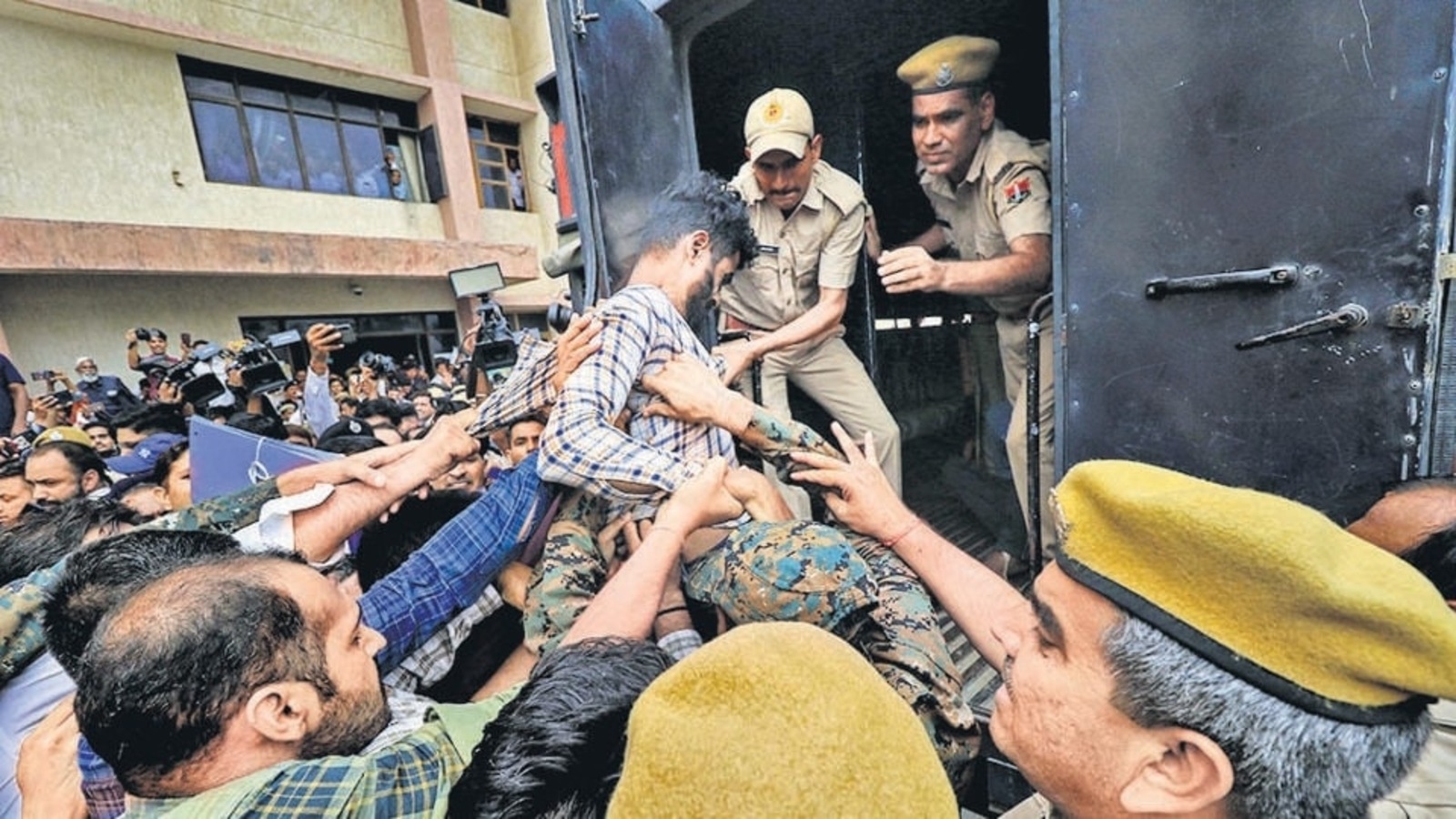
The hazards of radicalisation
Hindustan TimesA chance to hit refresh in Sri Lanka
The Hindu
Patralekha Chatterjee | How to destroy a nation: Intolerance, profligacy…
Deccan ChronicleWatch | Sri Lanka Crisis: Opposition holds protest defying curfew
The HinduSri Lanka: One law, many problems
The Hindu
What is behind the anti-Muslim measures in Sri Lanka?
Al Jazeera)
India a 'Dangerous' Place for Religious Minorities: South Asia State of Minorities Report 2020
News 18Discover Related

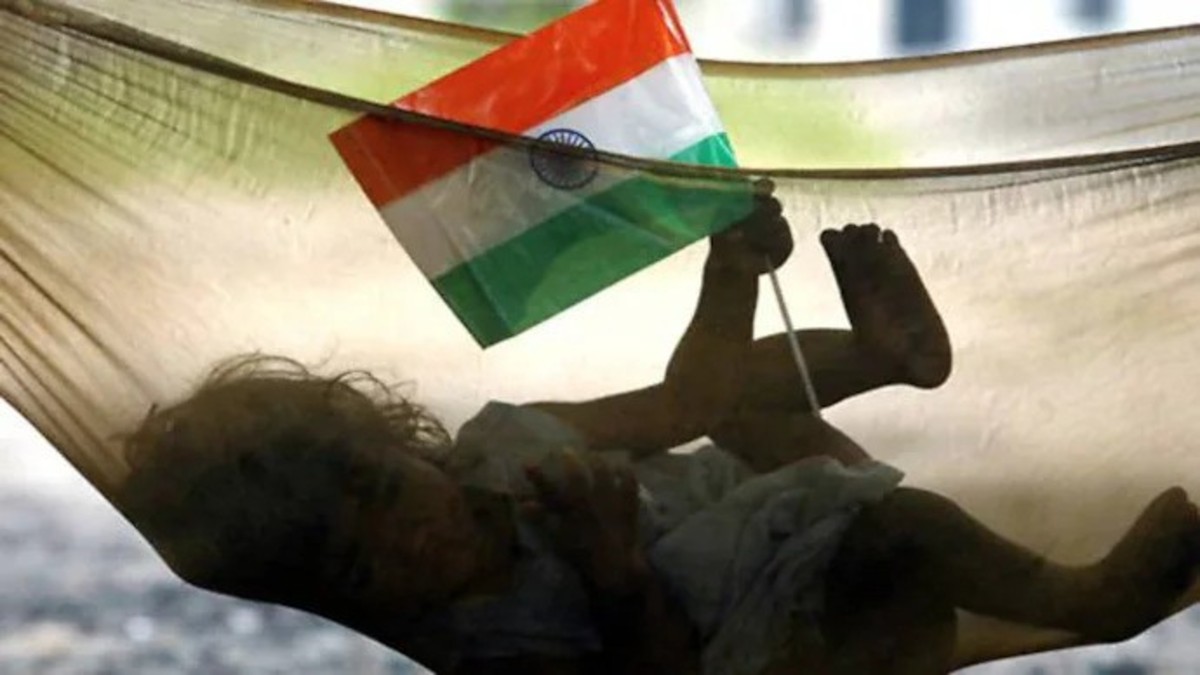)


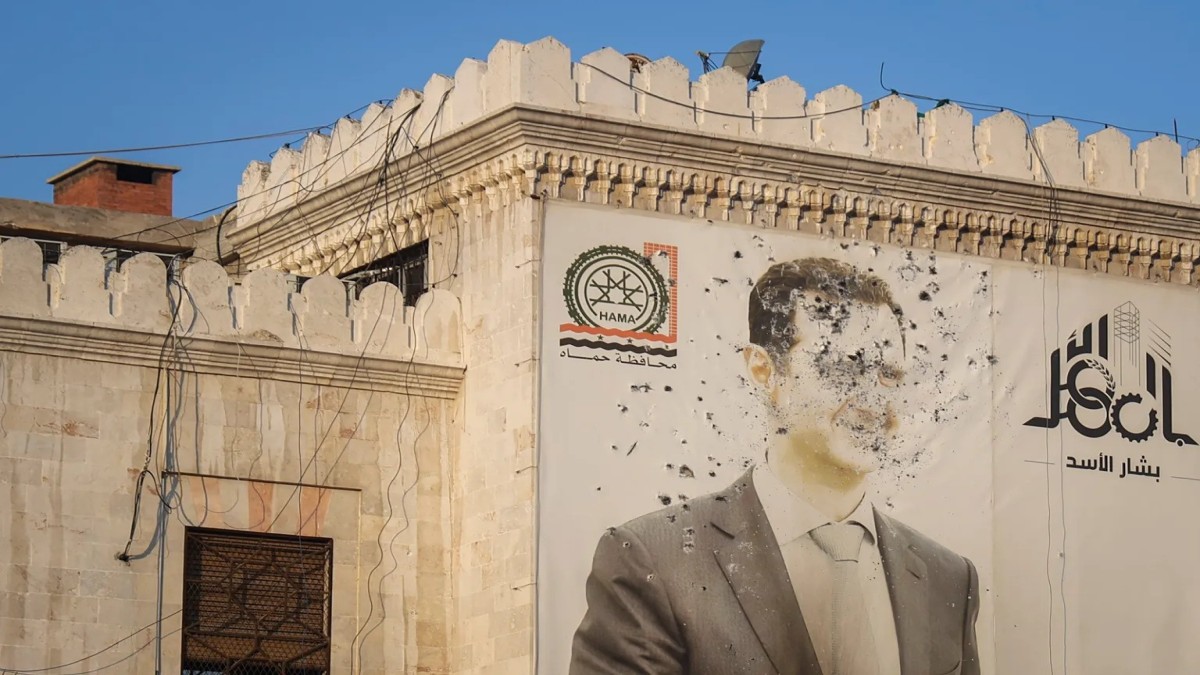)
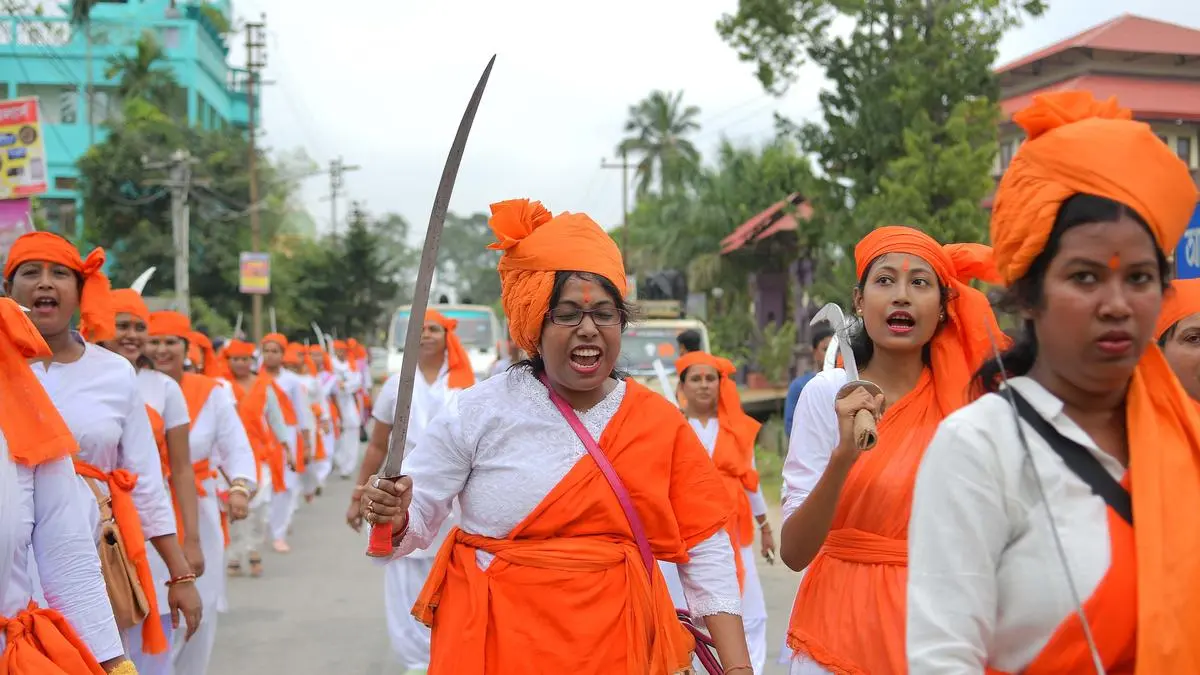
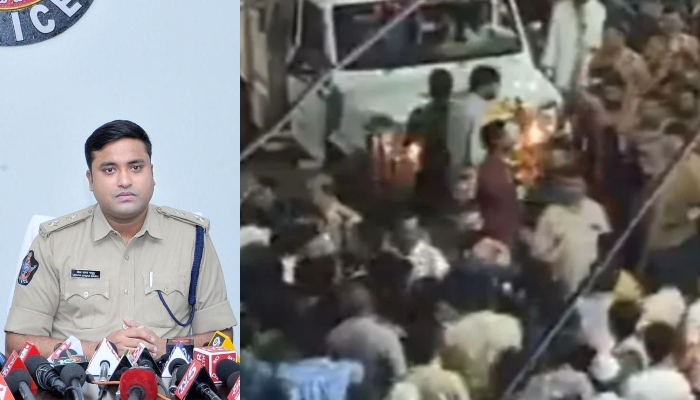
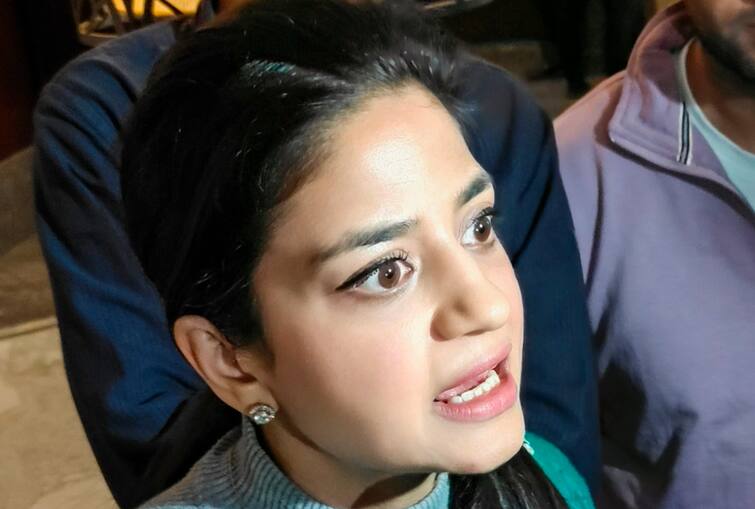
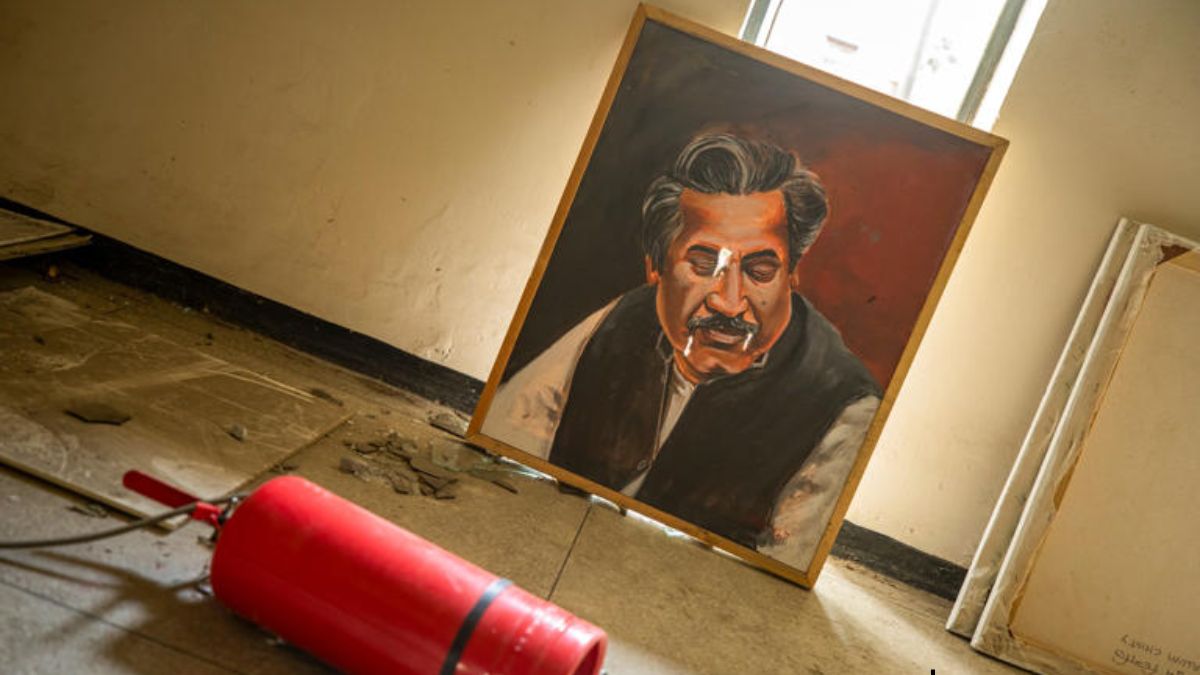)
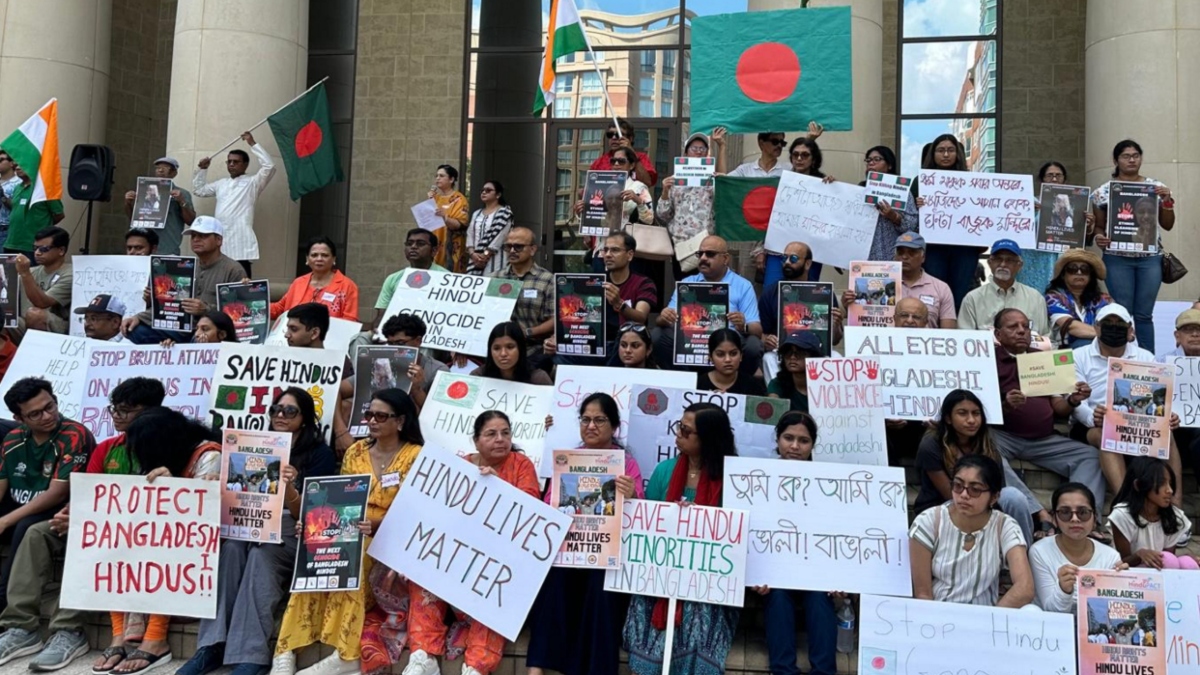
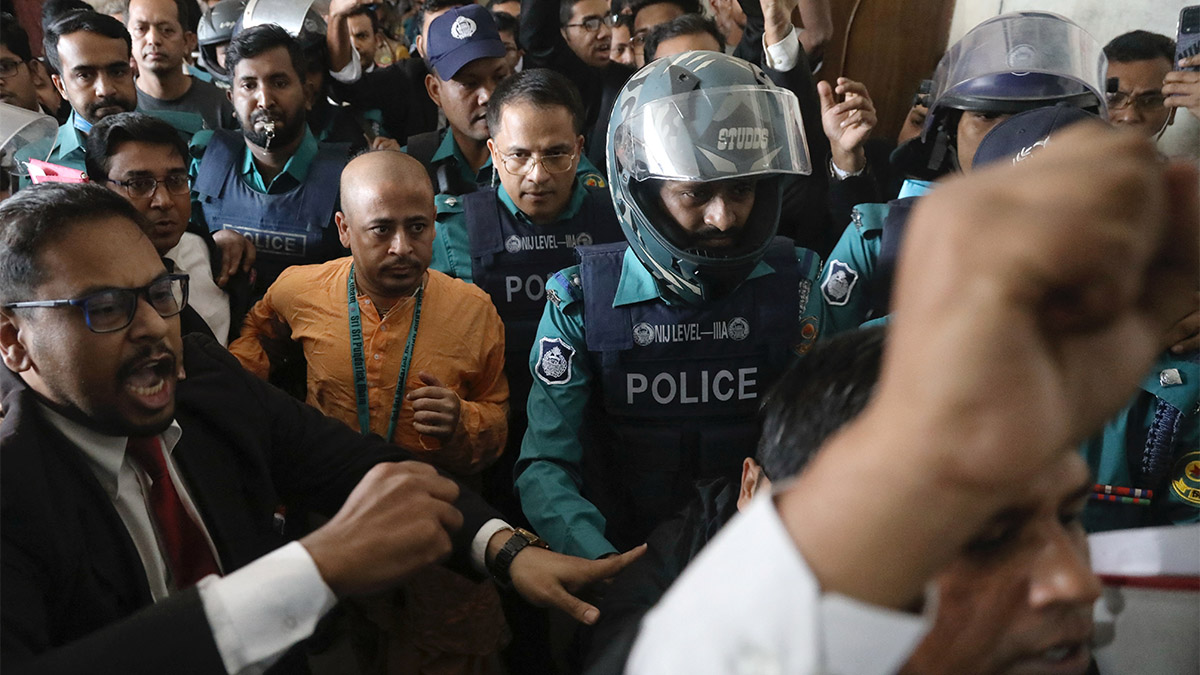)
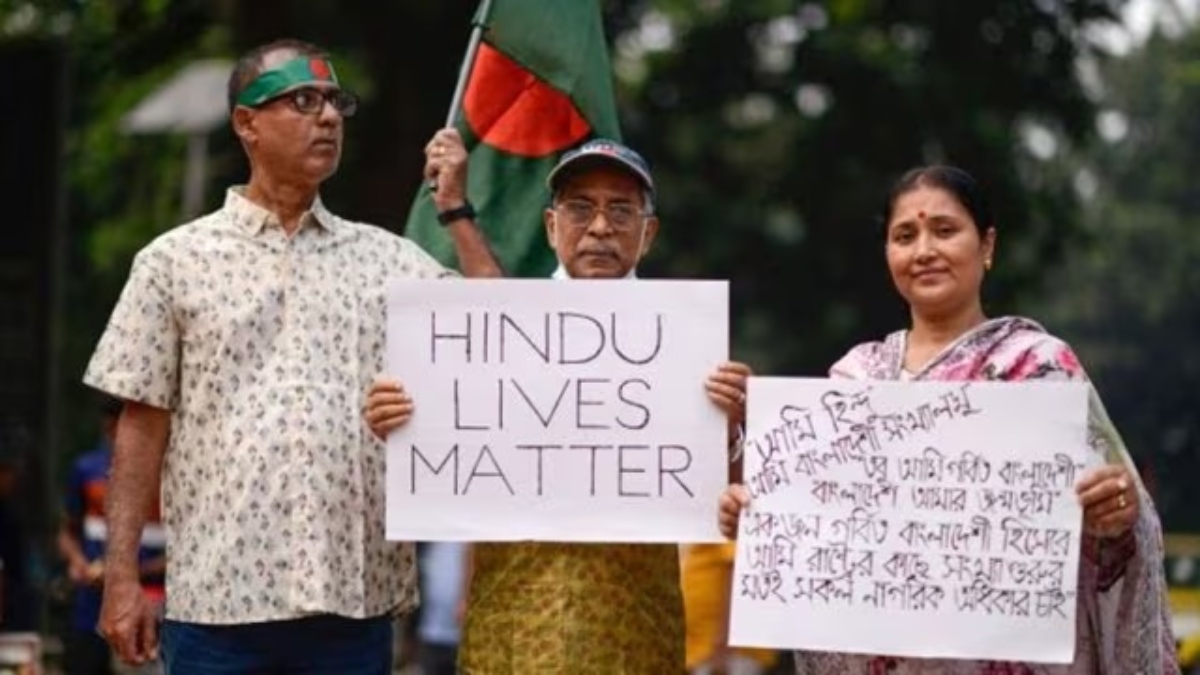

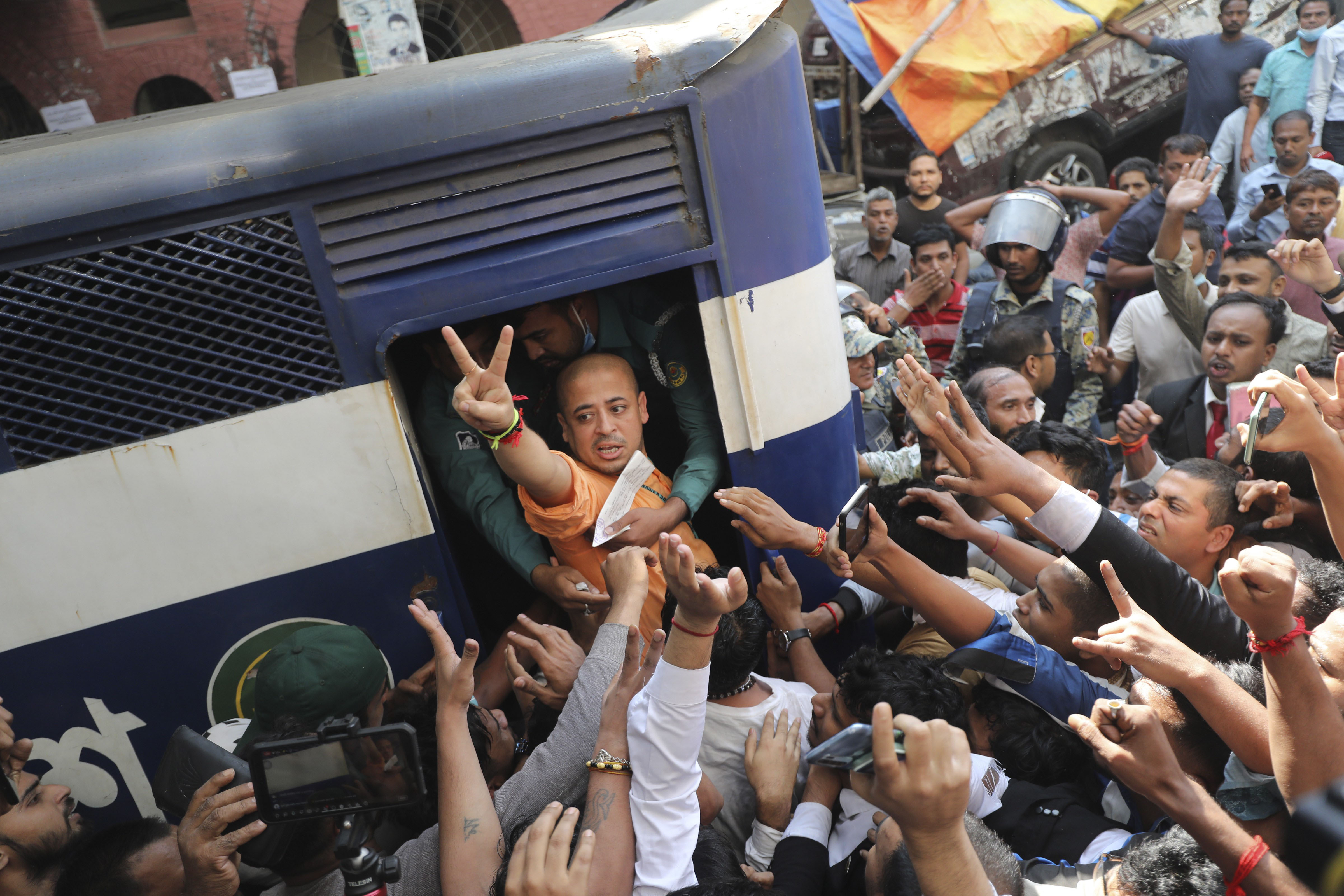
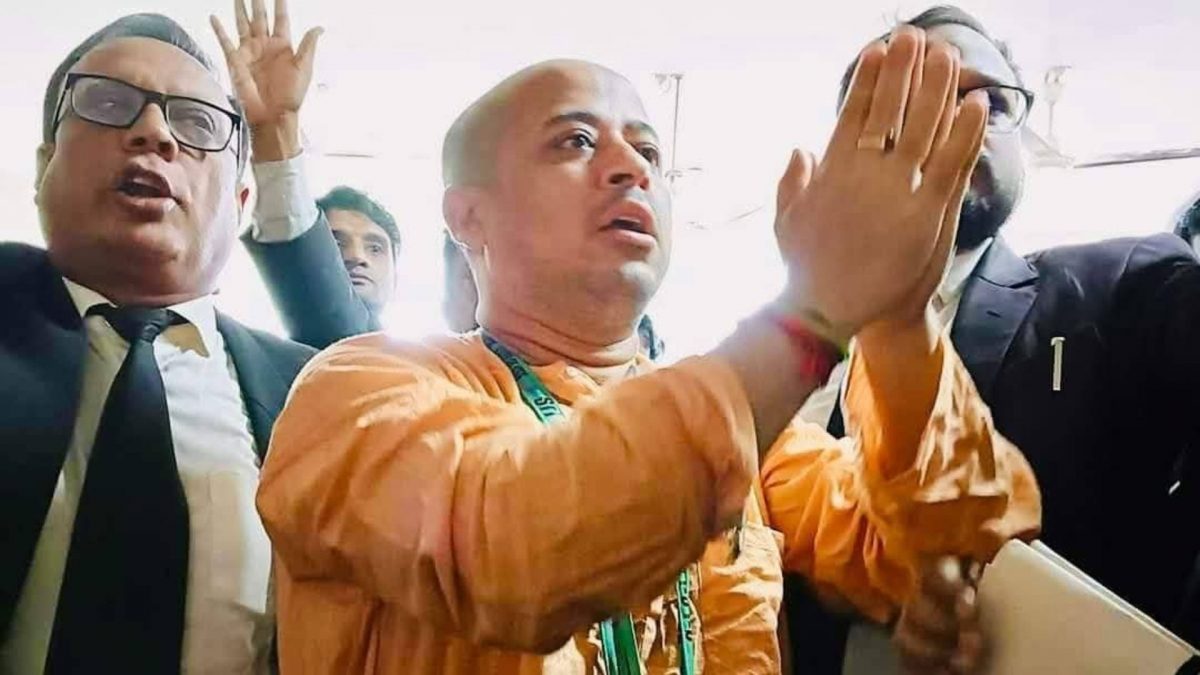)
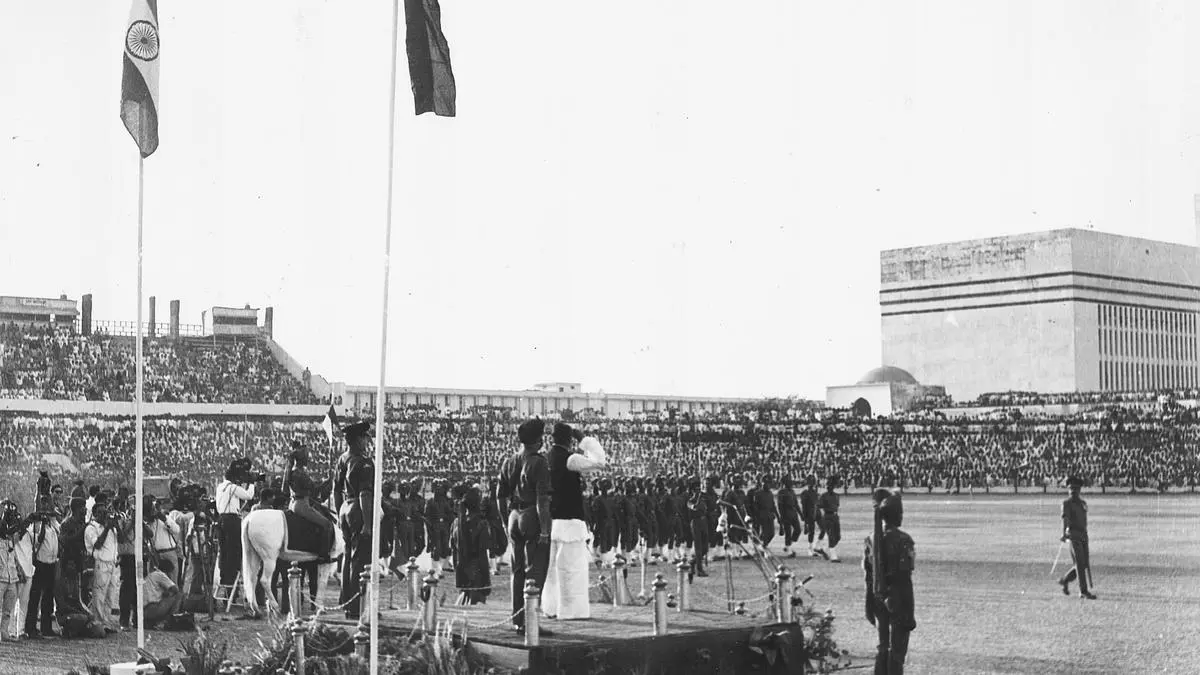
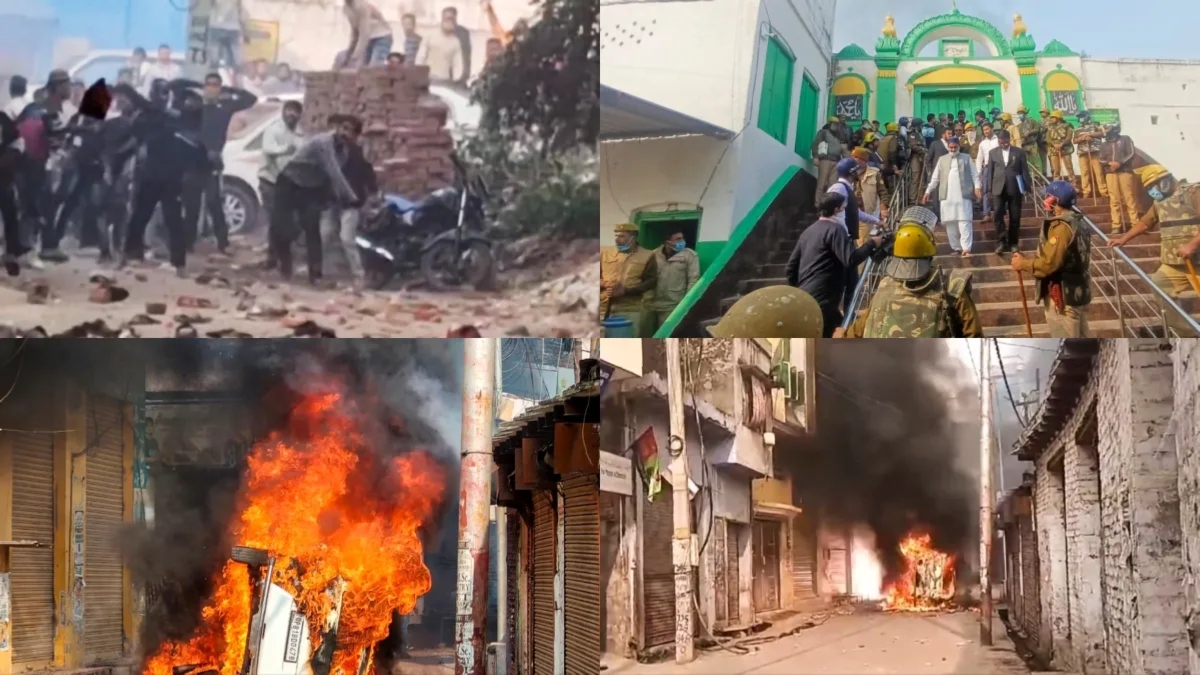
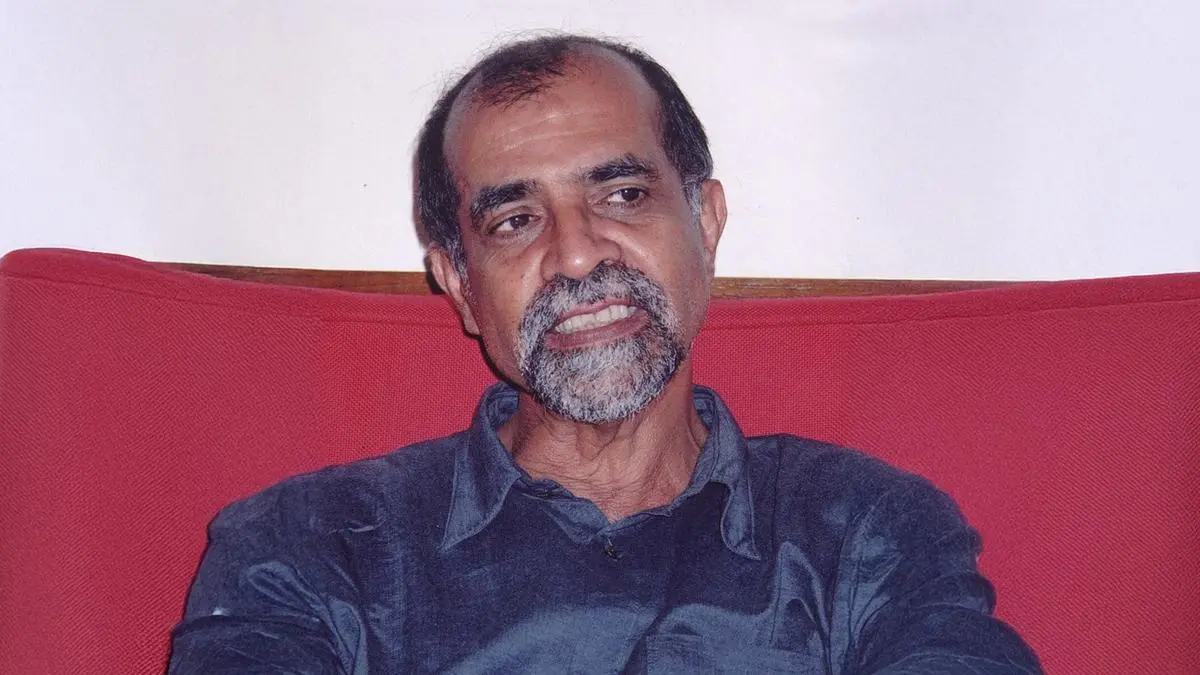


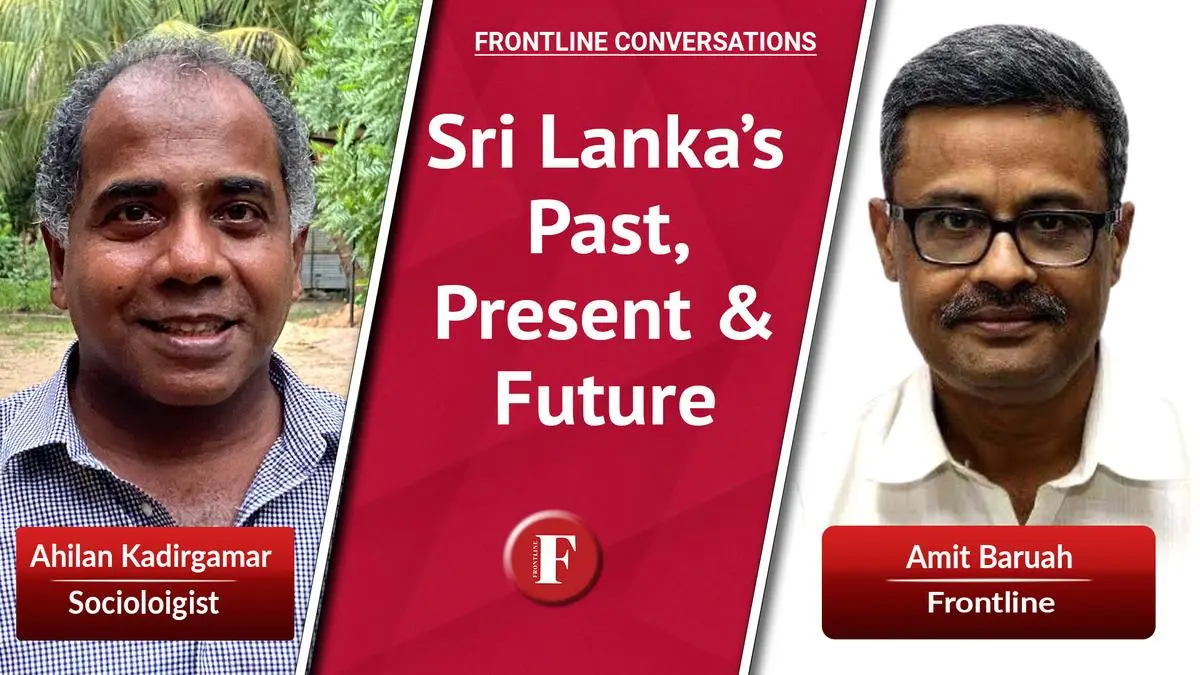


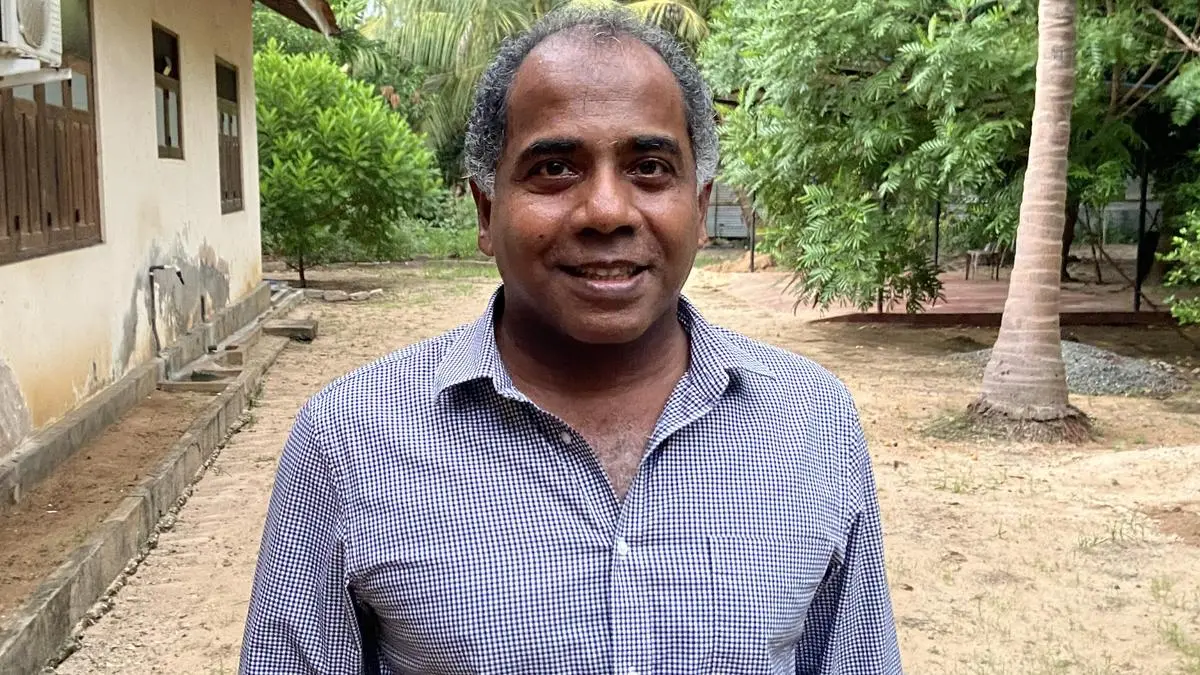
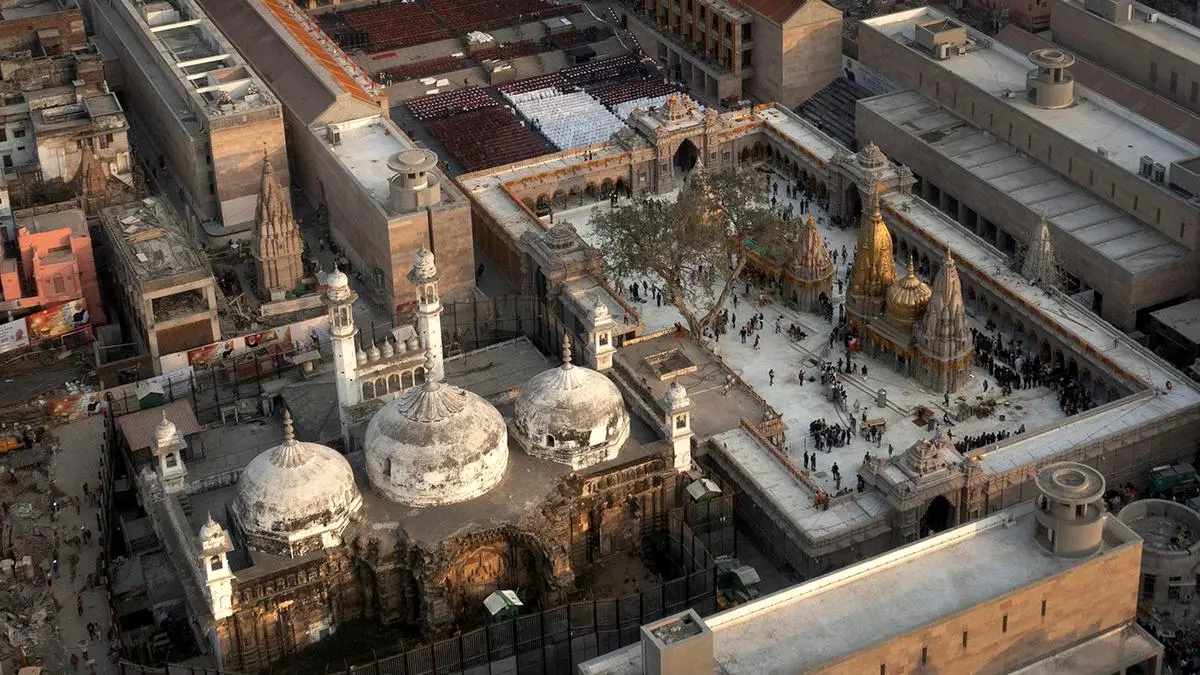


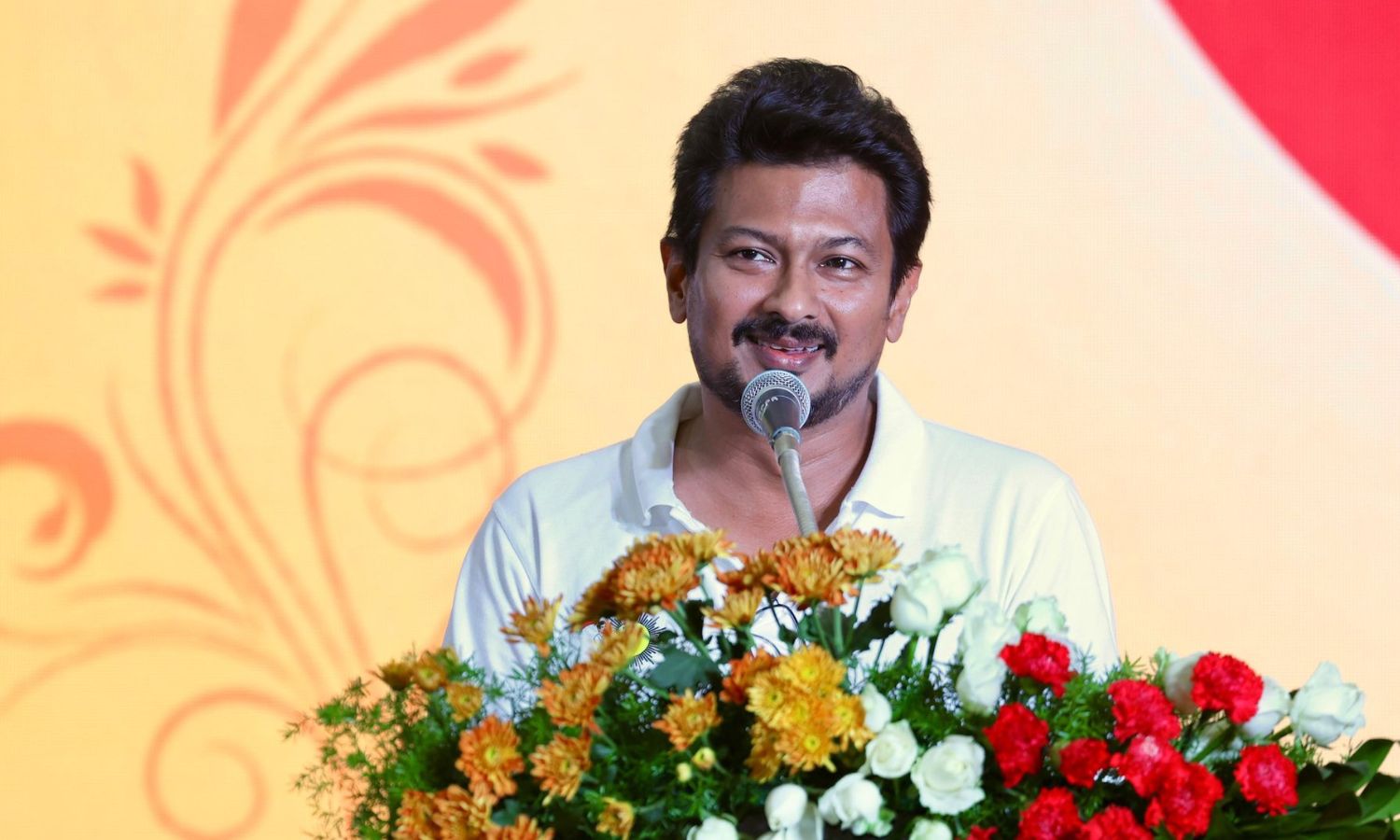


The Diverse Landscape of Minority Politics in South Asia: A Comparative Analysis of Pakistan, India, and Sri Lanka
New Indian Express

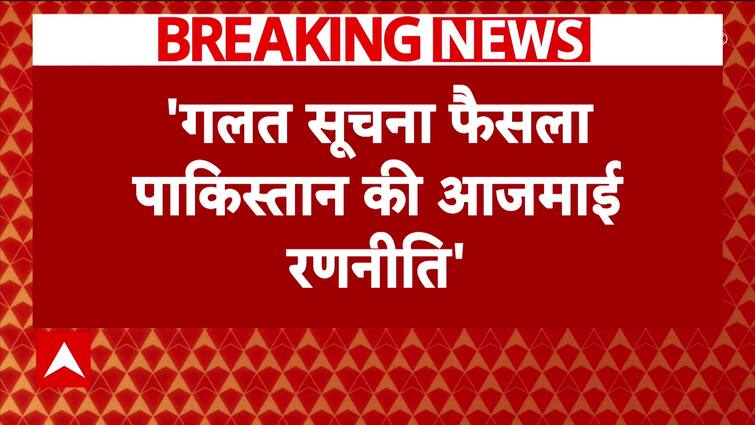


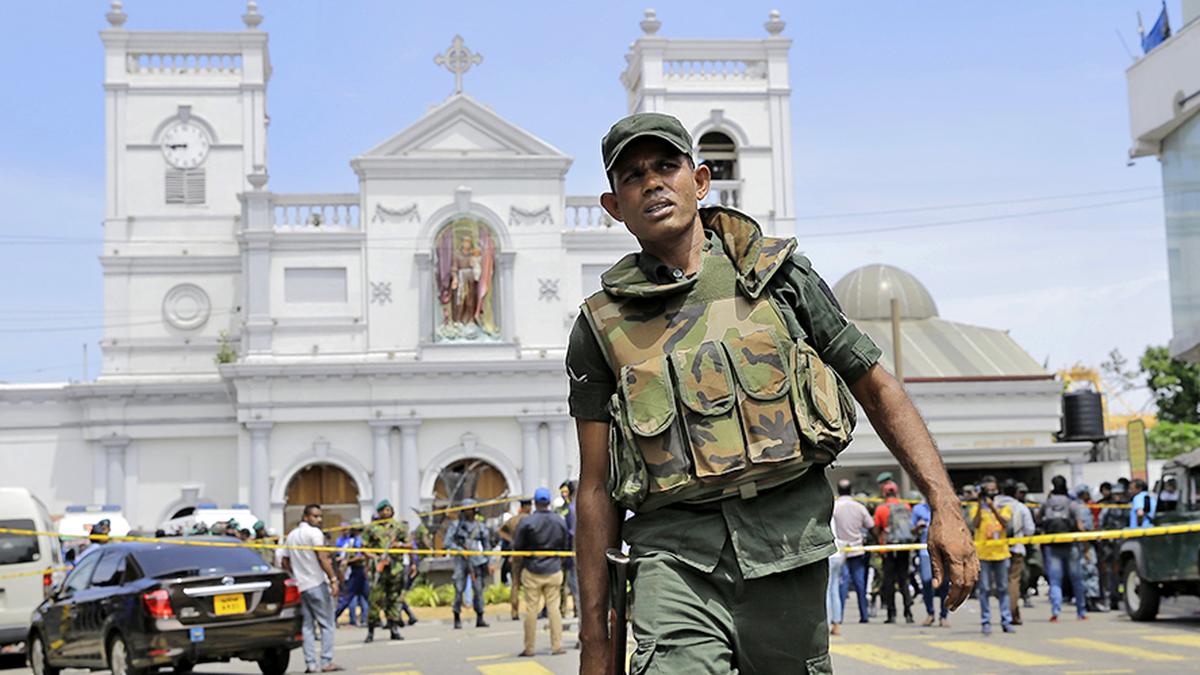
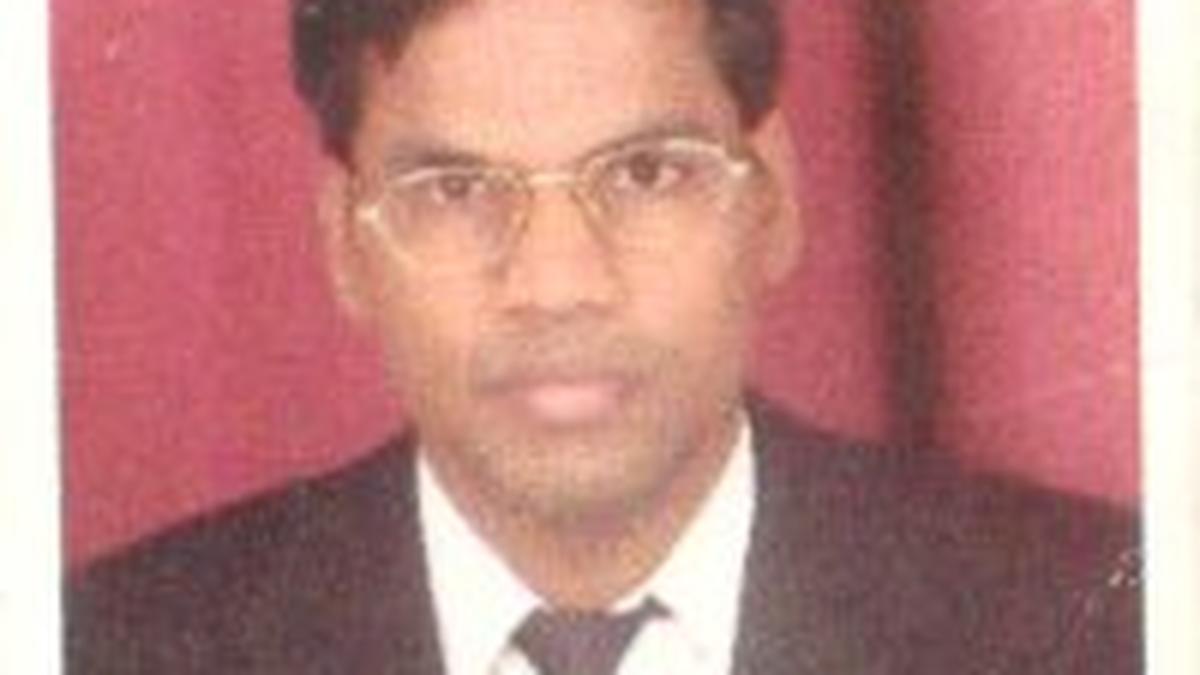

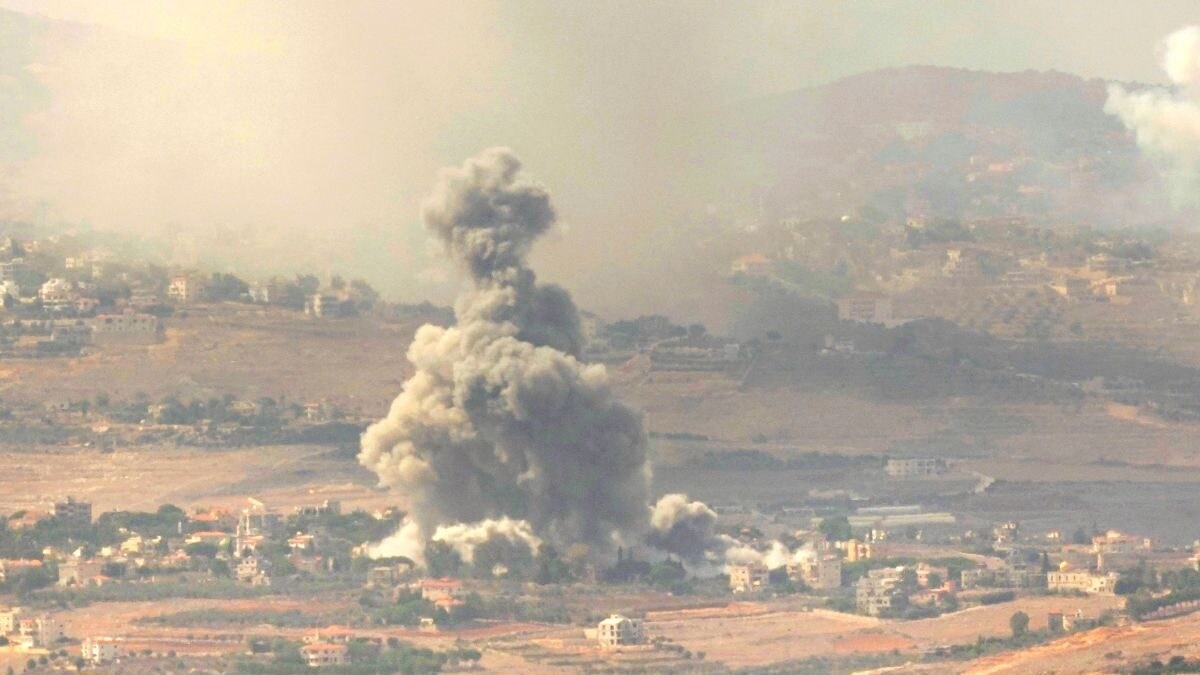
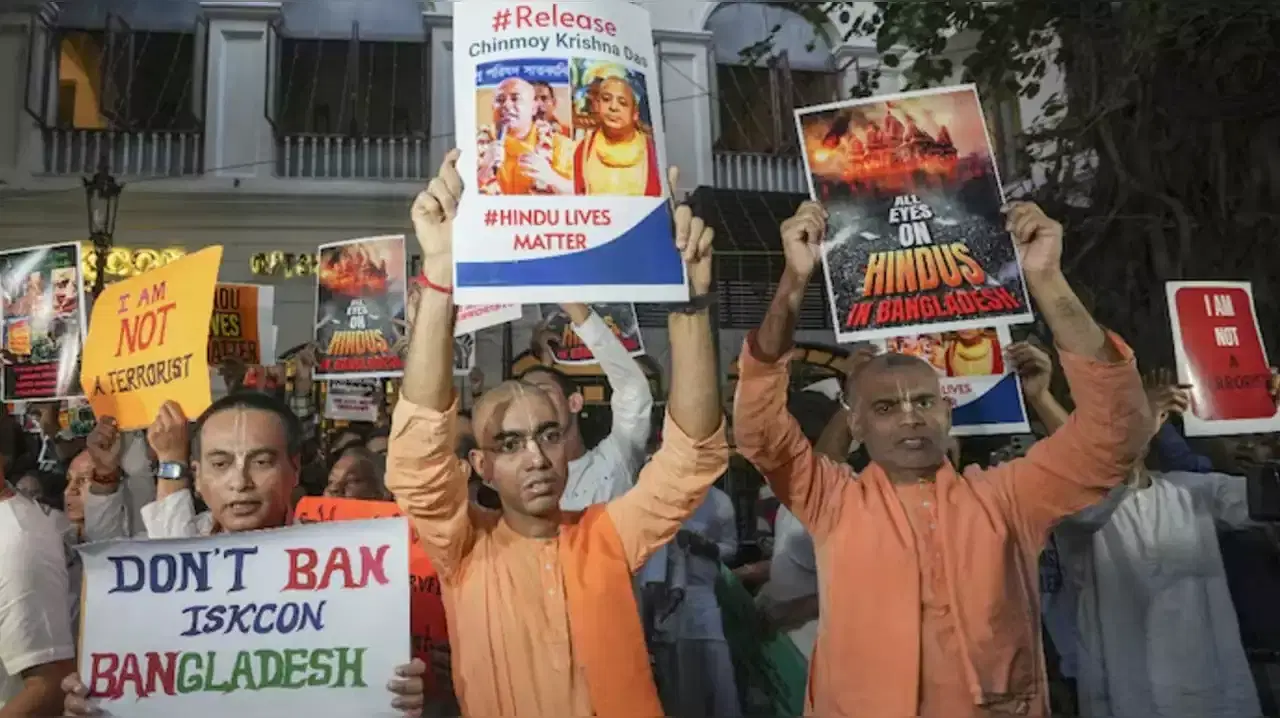

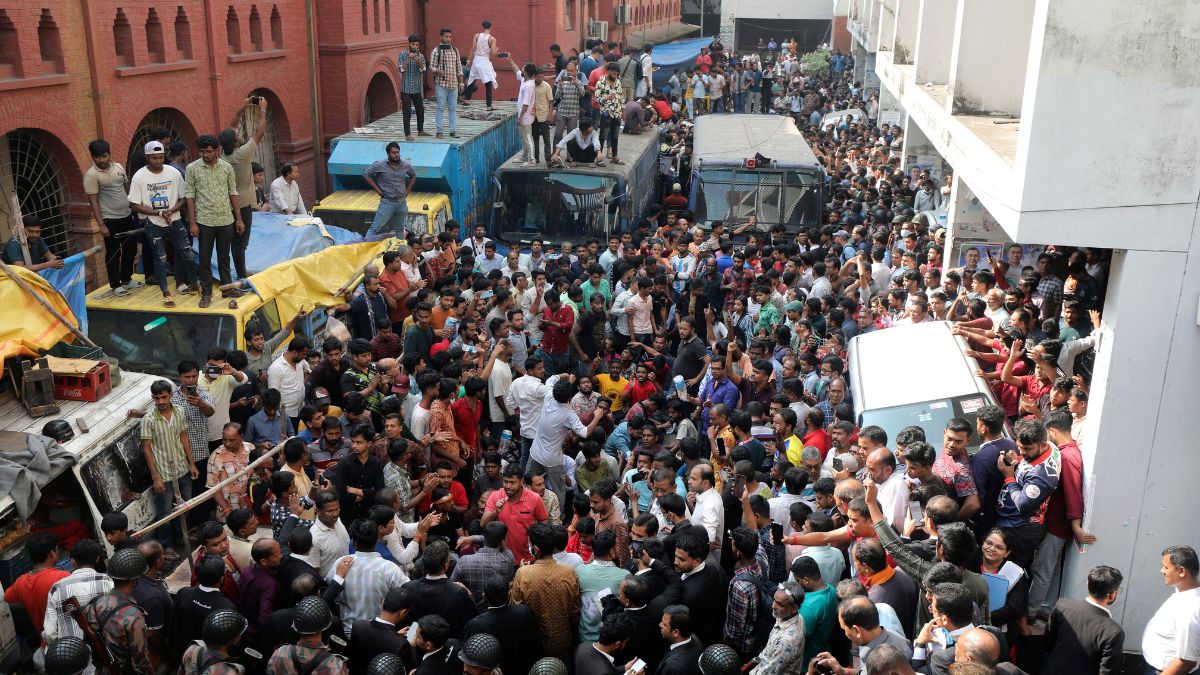)

